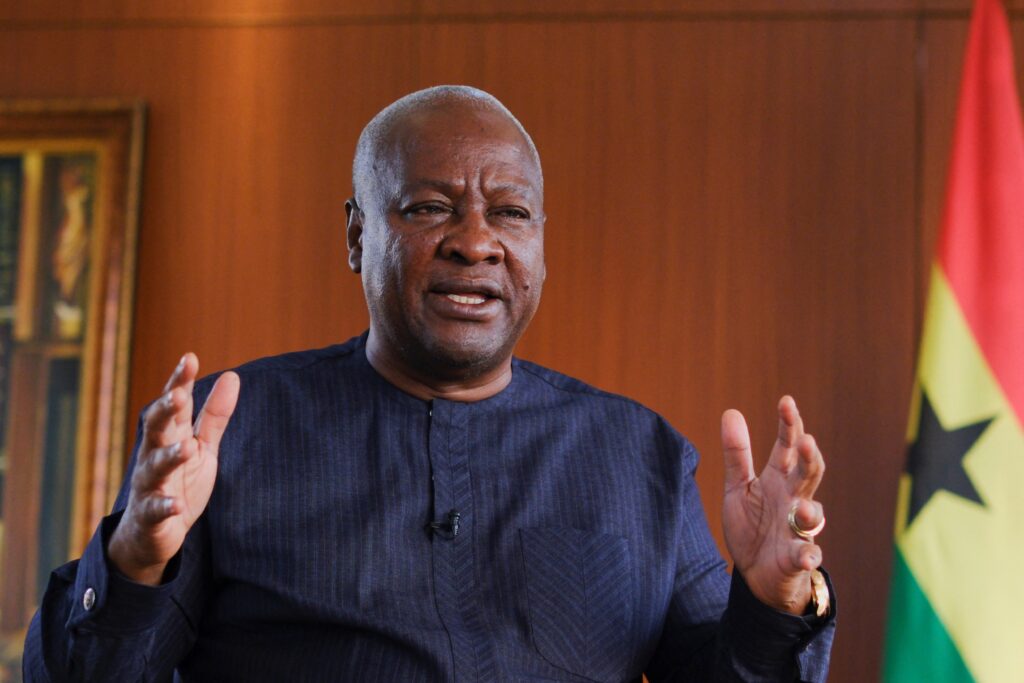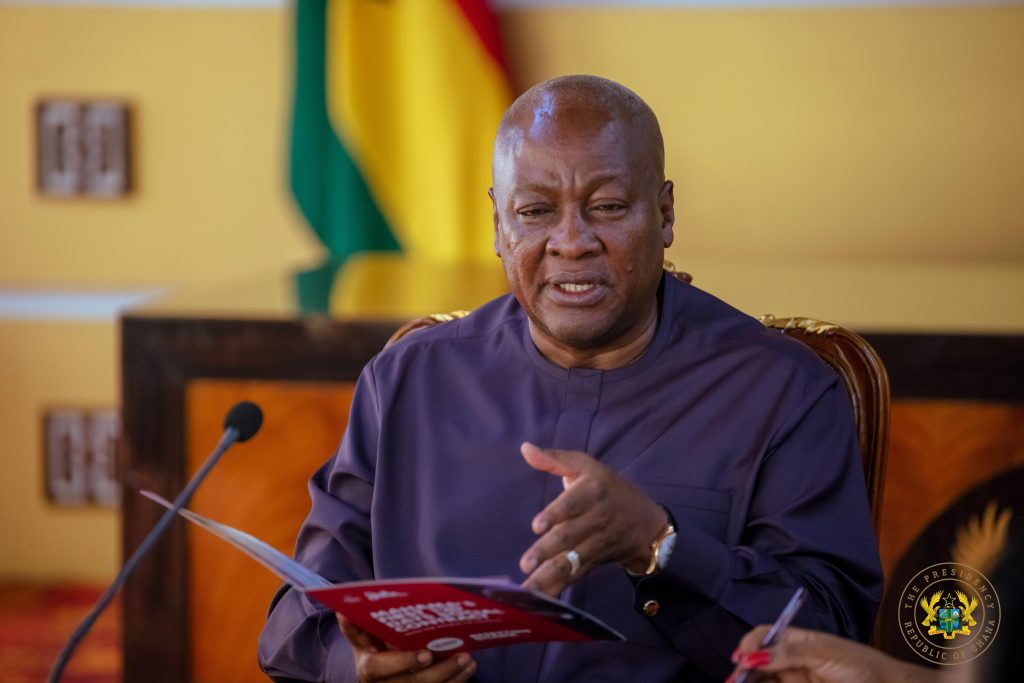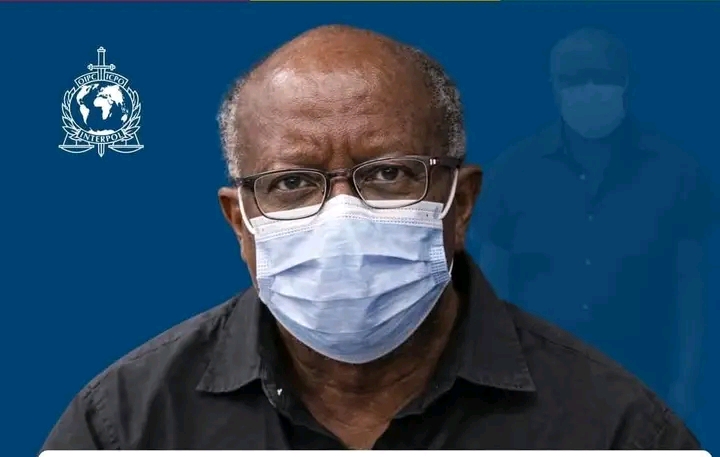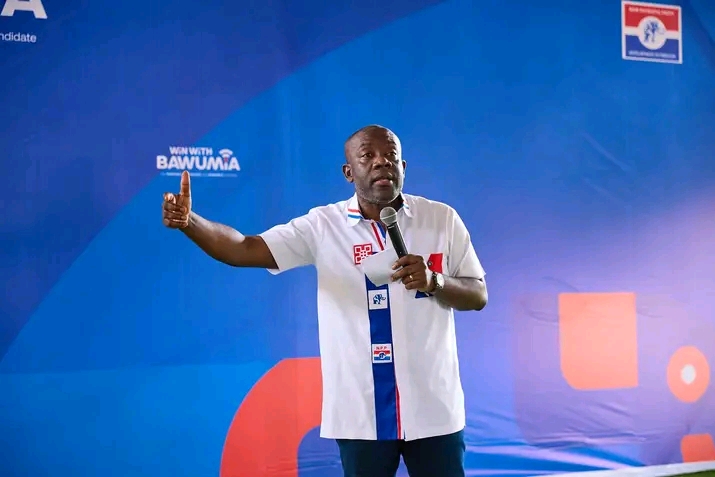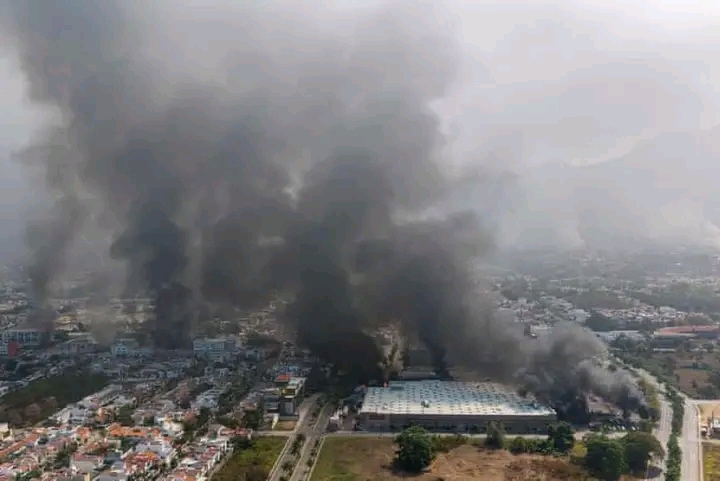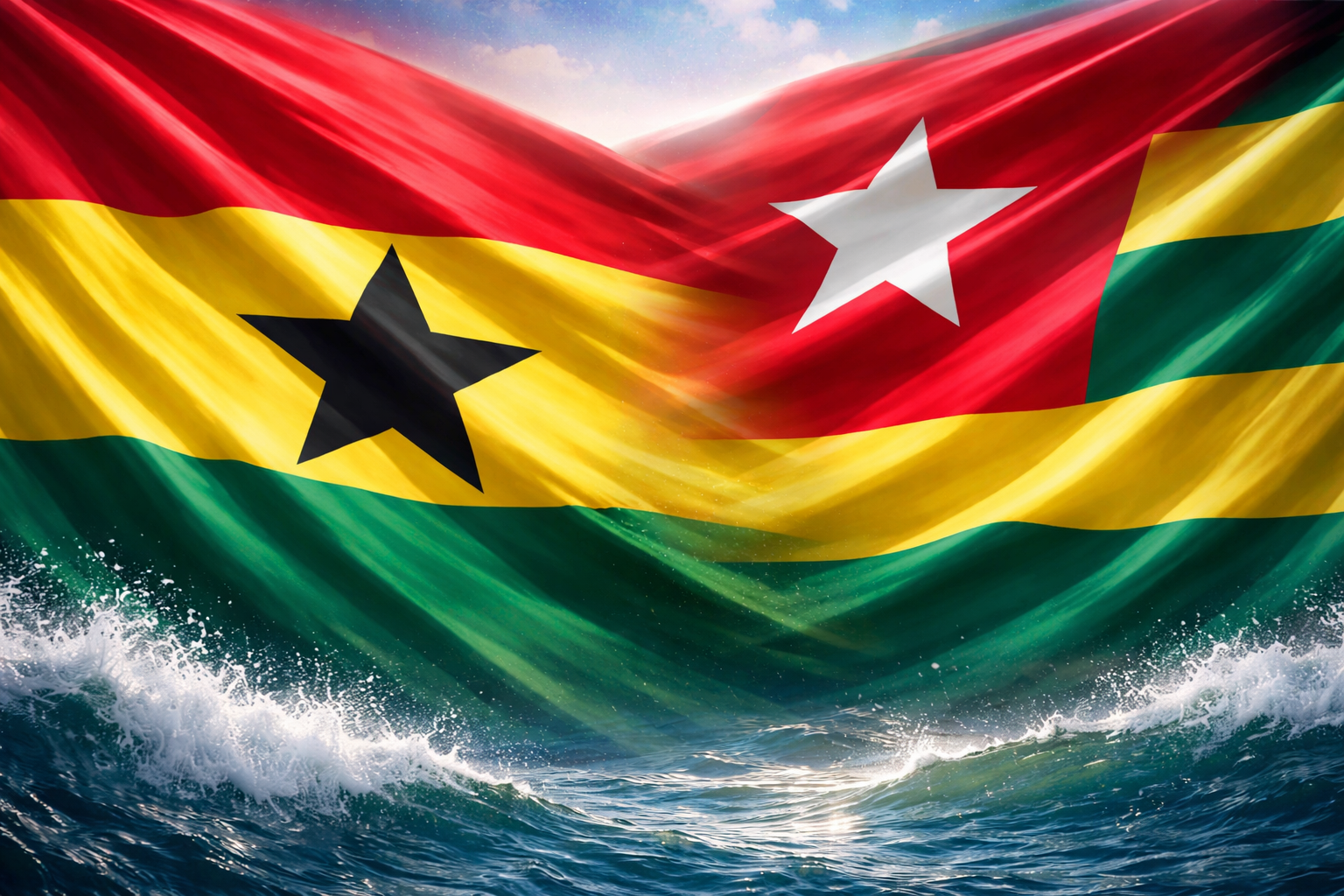Credit: Kekeli K. Blamey
In a strategic move to decentralize governance and ease pressure on Accra, President John Dramani Mahama has announced that feasibility studies are underway for a new administrative city.
The initiative, according to the President, forms part of a broader effort to rebalance national development and promote economic efficiency.
Speaking at a durbar with Chiefs and residents of Dodowa during his ‘Thank You’ tour, President Mahama emphasized the urgent need to reimagine Ghana’s urban and administrative landscape in light of increasing congestion and infrastructural stress in the capital.
“As our population grows and our cities expand, Accra can no longer bear the full weight of our national administration. We must begin to decentralize in a deliberate and sustainable way,” the President said.
The proposed city, expected to span areas of the Greater Accra, Eastern, and Volta regions, will function as a secondary capital—hosting selected ministries, agencies, and financial institutions.
The plan aims to reduce the administrative load on Accra while driving development across adjoining regions.
President Mahama described the future city as a “green, digital metropolis” designed to operate a 24-hour economy. It would feature state-of-the-art infrastructure including industrial zones, financial districts, and tourism hubs, interconnected by railways and expressways linking it to Accra and the rest of the country.
“It’s not just about building another city,” he noted. “It’s about building a smarter Ghana—one that’s inclusive, efficient, and future-ready.”
In parallel with this decentralization effort, President Mahama also announced major investments in health and transportation infrastructure to support the wider vision. The Greater Accra Regional Hospital (Ridge) will be upgraded to teaching hospital status, with a second phase of construction in the pipeline to boost its capacity.
He also outlined plans to expand health outreach by upgrading CHIPS compounds in peri-urban communities like Bortianor, Kpone, and Shai Osu-Doku.
To support a vibrant night-time economy and improve safety, a mass distribution of streetlights across the Greater Accra Region is expected to roll out soon.
Key road infrastructure projects were also highlighted, including the long-awaited Outer Ring Road, designed to divert heavy traffic from Accra to the northern and western corridors of the country.
“This ring road means trucks from Lome heading to Kumasi or Takoradi won’t need to pass through Accra anymore. That’s a game-changer,” he said.
Other roads undergoing rehabilitation or expansion include the Adenta-Dodowa stretch, La-Teshie Link, Tema Harbour-Motorway corridor, and major connectors like Dahwenya to Afienya and Ashaiman to Madina.
Nungua Mantse and President of the Greater Accra Regional House of Chiefs, Oboade Notse King Professor Odaifio Welentsi III, expressed strong support for the President’s ambitious development agenda, praising the direction of the ‘Reset Ghana’ program.
